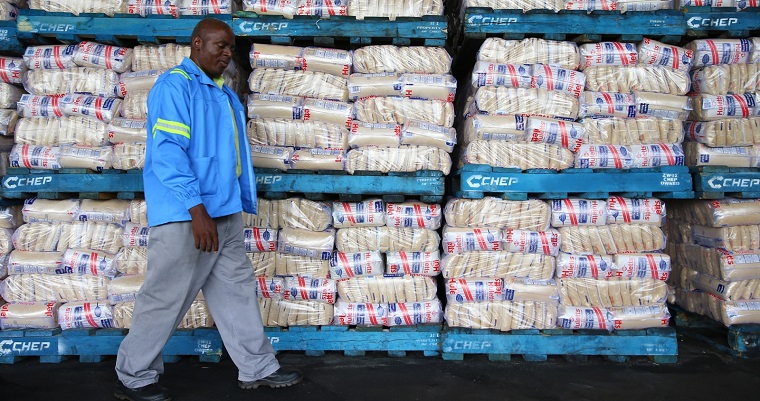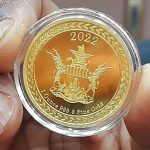Lafarge: Concrete friendships
In January 2022, France’s Holcim announces that it is selling its Zimbabwe unit, as part of a continuing global asset sell-off by the world’s largest cement company.
One of the companies Holcim talks to for a deal is Huaxin Cement, one of China’s biggest cement companies. Huaxin is the most likely buyer. First, Holcim is a shareholder in the Chinese company. Secondly, when Holcim sold its companies in Zambia and Malawi, it had chosen Huaxin. Huaxin had also recently bought Tanzania’s Marvini Limestone.
What follows are months of haggling, with numerous meetings in government offices. There is even a press conference by a pro-ZANU PF empowerment outfit, the Affirmative Action Group, which demands that a local shareholder be chosen. Sure enough, after putting together a consortium of local banks and pension funds, Fossil Mining is announced as the winning bidder in June 2022. It isn’t until December that the deal is completed.
Fossil is owned by Obey Chimuka, and is one of the key contractors on government infrastructure projects, including the Beitbridge highway project. Taking over a cement company means that it now has a major supply component in-house. Once again, a major asset was being kept “in the family”.
However, as soon as Fossil is done with the US$29.7 million deal, it is placed under US sanctions. It’s a factor that was to soon play on the mind of another cement company.
PPC: No solid local offer?
Early in 2023, there are reports that PPC Africa is willing to listen to offers for its Zimbabwe business, one of the most rewarding units in the group. The rumour mill says potential buyers include a Zimbabwean infrastructure company.
CEO Roland van Wijnen says any local buyer would have to show the money first. And, he says, with a side-eye on Lafarge, that a buyer must be a company not on US sanctions.
“If we are to be looking seriously at an offer, there are three considerations that we apply; number one is whether the value properly reflects the value of the business in terms of the DCF (discounted cash flows). Number two is whether the counterparty that gives the offer is creditworthy and can actually write out the cheque, and is not on the sanctions list preferably. And number three is can the deal be done swiftly, because we don’t want a protracted process,” van Wijnen says then.
GDI: Under the surface
In June 2022, Russia’s Vi Holdings announces that has left Great Dyke Investments (GDI), leaving the future of what is supposed to be Zimbabwe’s biggest platinum project at risk.
At a projected 860,000 ounces of platinum per year, the mine would have been the biggest mining venture in Zimbabwe. But the company struggled to raise capital, an effort made worse when Russia invades Ukraine and Western sanctions hit. Earlier, seeking funding, GDI had approached Zimplats for a possible deal. This did not happen, with Zimplats concerned about dealing with GDI’s partners.
When Vi Holdings did leave, there was never a question of seeking a fresh foreign shareholder. In steps Kuvimba, the local partners on the project, who became the majority shareholder. Kuvimba, however, doesn’t have the money to develop the project to the size originally planned, and now it is looking at cheaper ways of developing the asset. –NewZWire
(195 VIEWS)


